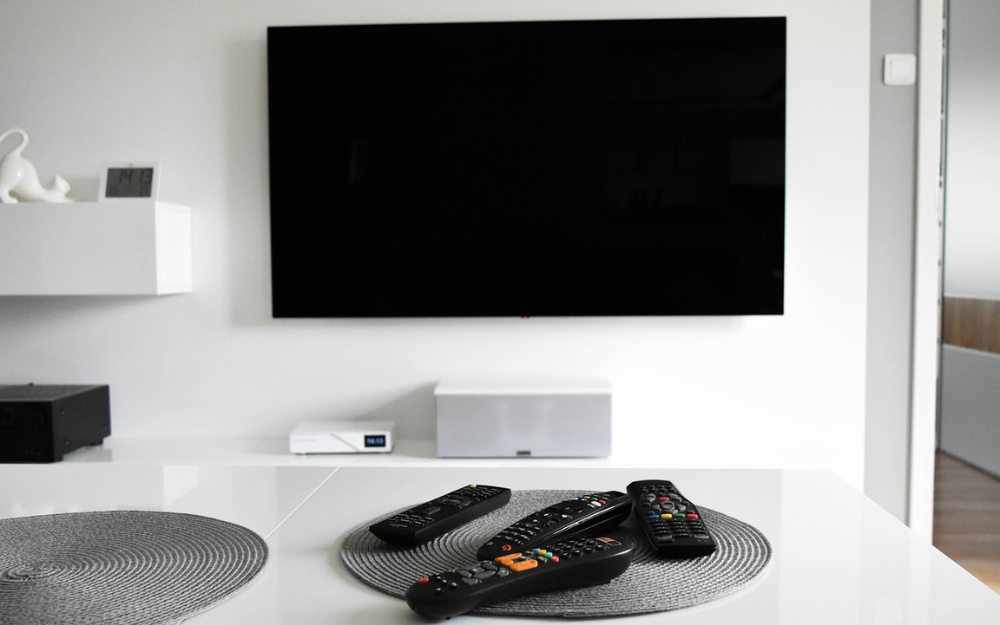While you may be putting more focus into self-care pursuits that boost your physical and mental health, have you thought about a little self-care for your finances? Financial educator, Melissa Browne, shares her three top tips to boost your financial wellness.
The global wellness economy is worth a whopping $4.4 trillion, which means you’re probably indulging in some form of wellness throughout your life.
Maybe it’s practising yoga or meditation, listening to mindfulness apps, using jade rollers, buying scented candles, massages, face masks or booking an annual health retreat. Or maybe it’s going to bed at the same time every night, drinking enough water and moving your body.
Whatever you do, often when it comes to self-care it’s about the physical and the emotional.

Boost your financial wellness
What I am often surprised by, however, is that included in all this self-care isn’t the one area that affects our emotional and physical states, often through stress and worry. The one neglected area in all that wellness? Our finances.
According to a recent Ellevest survey, in pre-COVID times, nearly two thirds of women counted money as their number one source of stress. While since COVID, nearly half of women said they believed that financial stress has taken a toll on their mental and emotional health.
Given the financial stress so many of us are under, it begs the question: Are you really practising self-care if you’re not including your finances?
I believe leaving money out of your self-care routines is like trying to meditate in a room full of mosquitos. If the noise of the mosquitos droning doesn’t push you out of your deep state, the itchiness of the many bites you’ll suffer very soon will. Neglecting your finances when it comes to self-care means you’re not treating the one area that can permeate the rest of your life and threaten to undo any peaceful state you might create.
If, like most people, you suspect you’ve been leaving your finances out in the cold when it comes to self-care, here are three easy things you can do.
1. Indulge in a financial detox
Decide on a length of time (I’m a fan of 30 days, but even seven days is better than nothing) and choose what you’re not going to spend on for that period. It might be clothes and shoes, or it might be lunches and eating out.
The idea is to stop spending on your wants during the detox period, and to be mindful about when you’re tempted to spend. This isn’t to say during life you can’t spend – instead, it’s to question the emotion behind your spending and to turn you back into a conscious consumer.
2. Swap, pause and cancel
During the detox, pull open your bank account and go through three months’ worth of expenses. As you do, ask what expenses you could swap for a cheaper option, what expenses you’re not using currently and can pause, and what expenses you should be cancelling.
These might be subscriptions to pay TV, memberships you’ve signed up to during lockdowns that are no longer relevant, or things you’ve moved on from.
3. Unfollow, unfriend, unsubscribe
Too many people grew up in an environment they had no control over. Yet, as adults, I see too many of us curating an environment which is either harmful at worst, or not beneficial at the very least to our finances.
Certainly, most of us are constantly carrying around a Mobile Shopping Device with us (also known as a mobile phone), and we’ve created online environments through our social media feeds where we’re being sold to 24 hours a day. This might be from brands that we follow, but it could also be influencers who are perpetually peddling products to us that they’re not paying for themselves.
Spend a morning and unfollow, unfriend and unsubscribe from anyone causing you to spend in way that isn’t how you’d choose (if you weren’t carrying your MSD around with you).
Chances are when you think of your finances, you feel overwhelmed or stressed, therefore you push it to one side and hope it will sort itself out. Instead, it’s about reframing financial self-care to be like a soft, supportive, calming bath for your finances.
What’s not to love about that? Contact us today if you need help managing your budget. Call us on Phone: 61 (08) 9381 2944.
Source: Flying Solo September 2022
This article by MELISSA BROWNE is reproduced with the permission of Flying Solo – Australia’s micro business community. Find out more and join over 100K others https://www.flyingsolo.com.au/join.
Important:
This provides general information and hasn’t taken your circumstances into account. It’s important to consider your particular circumstances before deciding what’s right for you. Any information provided by the author detailed above is separate and external to our business and our Licensee. Neither our business, nor our Licensee take any responsibility for any action or any service provided by the author. Any links have been provided with permission for information purposes only and will take you to external websites, which are not connected to our company in any way. Note: Our company does not endorse and is not responsible for the accuracy of the contents/information contained within the linked site(s) ac www.flyingsolo.com.au



